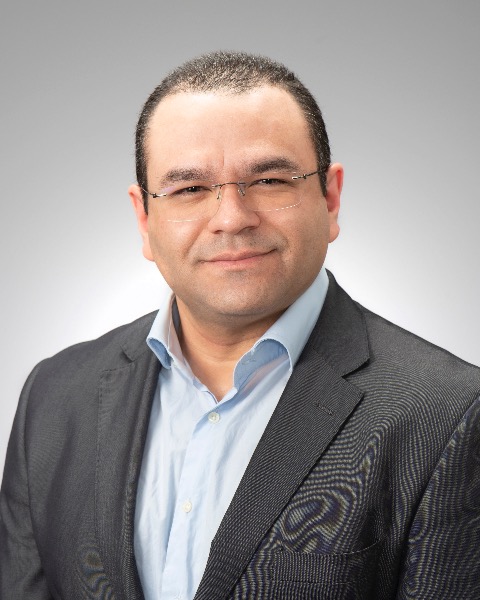Adult Cardiac
Category: Scientific Abstract: Oral/Poster
Late Outcomes of Surgery versus Medical Therapy in Patients with Type A Aortic Intramural Hematoma: Meta-Analysis of Reconstructed Time-to-Event Data
M. Pompeu Sá1, X. Jacquemyn2, P. Tasoudis3, T. Caranasos4, J. Ikonomidis5, D. Serna-Gallegos6, I. Sultan6, D. Chu7
1UPMC Heart and Vascular Institute, Pittsburgh, Pennsylvania 2KU Leuven, Leuven, Antwerpen 3University of North Carolina, Chapell Hill, North Carolina 4University of North Carolina, Chapel Hill, North Carolina 5University of North Carolina, Division of Cardiothoracic Surgery, Chapel Hill, North Carolina 6University of Pittsburgh Medical Center, Pittsburgh, Pennsylvania 7University of Pittsburgh School of Medicine, Pittsburgh, Pennsylvania
1UPMC Heart and Vascular Institute, Pittsburgh, Pennsylvania 2KU Leuven, Leuven, Antwerpen 3University of North Carolina, Chapell Hill, North Carolina 4University of North Carolina, Chapel Hill, North Carolina 5University of North Carolina, Division of Cardiothoracic Surgery, Chapel Hill, North Carolina 6University of Pittsburgh Medical Center, Pittsburgh, Pennsylvania 7University of Pittsburgh School of Medicine, Pittsburgh, Pennsylvania

Michel Pompeu Sá, MD, MSc, MHBA, PhD, FACC, FAHA
Aortic Surgery Fellow
UPMC Heart and Vascular Institute
Pittsburgh, Pennsylvania, United States
Presenting Author(s)
Disclosure(s):
Michel Pompeu Sá, MD, MSc, MHBA, PhD, FACC, FAHA: No financial relationships to disclose
Purpose: To evaluate comparatively the effects of surgery versus medical therapy in patients with type A aortic intramural hematoma (IMH).
Methods: We designed a pooled analysis of Kaplan–Meier-derived individual patient data from studies with follow-up for overall survival (all-cause death). Restricted mean survival time (RMST) was calculated to evaluate lifetime gain or loss. The Risk of Bias in Non-Randomized Studies of Interventions tool (ROBINS-I) was used to assess risk of bias. The Grading of Recommendations Assessment, Development and Evaluation (GRADE) was applied to assess certainty of evidence.
Results: Eight studies met our eligibility criteria, including a total of 654 patients (311 patients treated with surgery and 343 patients treated with medical therapy alone). All the studies were non-randomized and observational. The median follow-up was 4.6 years (IQR 1.0-7.7). Patients undergoing surgery had a significantly lower risk of mortality compared with patients receiving medical therapy alone (HR 0.51, 95% CI 0.35-0.74, P< 0.001. The restricted mean survival time was overall 1.1 years greater with surgery compared with medical therapy, and this difference was statistically significant (P < 0.001), which means that surgery is associated with lifetime gain. The overall risk of bias (ROBINS-I) was considered moderate-to-serious and the certainty of evidence (GRADE) was deemed to be low.
Conclusion: In the overall follow-up, surgery was associated with better late survival and lifetime gain in comparison with medical therapy alone in the setting of acute type A aortic IMH; however, high-quality randomized trials are warranted to establish the efficacy of the surgical strategy.
Identify the source of the funding for this research project: None
